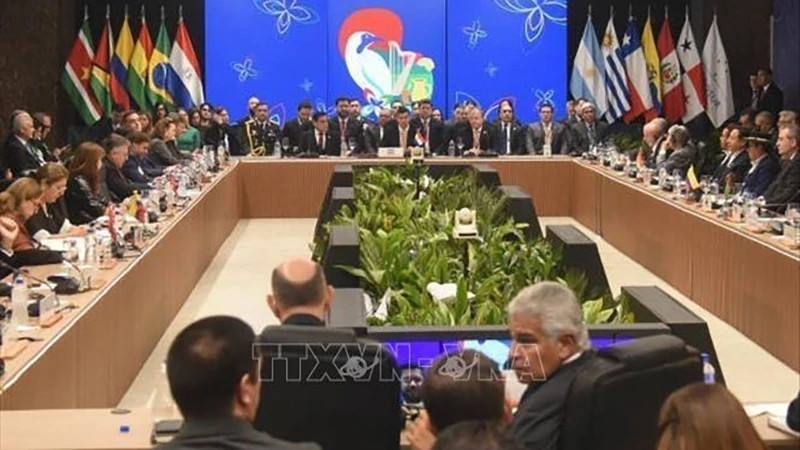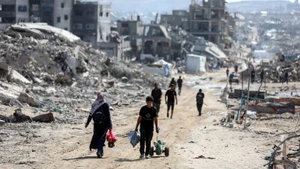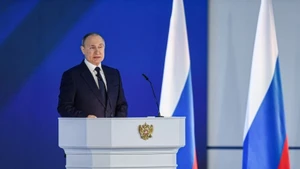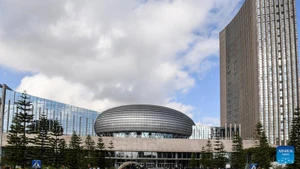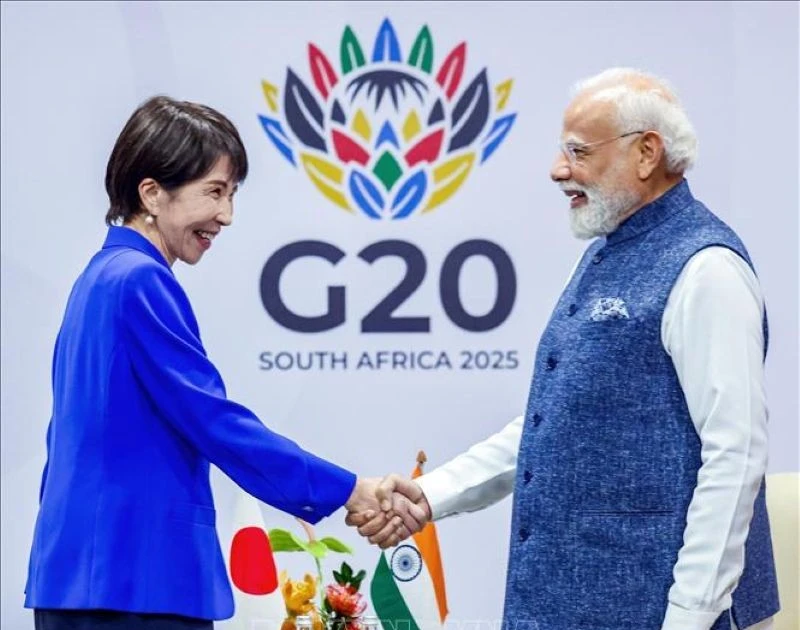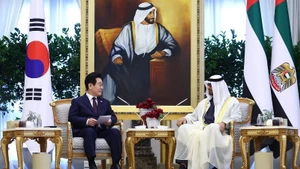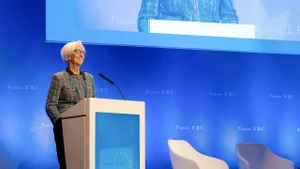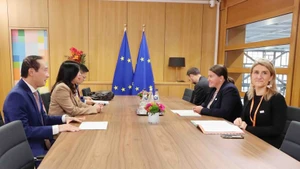The host country Paraguay welcomed representatives from MERCOSUR member states including Brazil, Uruguay, and Bolivia to the summit. Panama also participated as a special guest, aiming to bolster relations with South American countries. On July 1, in his inaugural address, Panama's new President Jose Raul Mulino announced an international agenda, expressing interest in signing a Free Trade Agreement (FTA) with MERCOSUR. Panama believed signing an FTA with MERCOSUR would enhance integration between the Central and South American regions.
Panama's message from Central America adds vibrant new dimensions to MERCOSUR's expansion and development landscape, especially as the bloc has just received good news from Bolivia's official membership. Bolivian leaders acknowledge the strategic significance of joining MERCOSUR for South American regional integration.
Established in 1991, MERCOSUR is now the largest recipient of foreign investment in South America, with GDP reaching 2.86 trillion USD. With Bolivia's accession, a country rich in natural gas and lithium reserves, MERCOSUR's market expands to 295 million people. Bolivia's membership is expected to enhance trade, investment and cooperation prospects on social issues among the bloc’s members, thereby contributing to economic growth and prosperity in the region. Previously, in December 2023, MERCOSUR also signed an FTA with Singapore, marking the bloc's first trade agreement with an external partner in 12 years.
However, the good news about the bloc's expansion has not overshadowed the challenges facing MERCOSUR. Argentine President Javier Milei's decision to skip the crucial opportunity to ease tensions with his Brazilian counterpart at the July 8 summit disappointed many bloc leaders. Concerns mount over an unprecedented crisis exacerbated due to the strained diplomatic relations between Brazil and Argentina, the bloc's key countries. Pessimists even fear an "uncertain future" for MERCOSUR, which is tied to the region's limited integration progress, especially the deadlock in negotiating an FTA with the European Union (EU) and challenges in talks with China.
MERCOSUR is a market with great potential and foundation to diversify and expand its relations with the world. However, the member countries have not fully tapped into this potential yet.
The Argentine Foreign Minister
Despite repeated expressions from MERCOSUR members for deeper integration, the bloc acknowledges that negotiations for an FTA with the EU have not progressed as hoped, after over 20 years of discussions, aimed at establishing a common trade area, with some 700 million consumers. As MERCOSUR remains divided over draft agreements, some EU countries, notably France, opposed the signing of an FTA due to concerns that EU agriculture cannot compete with South American agricultural products. At the recent summit, Uruguay admitted that without progress in talks between MERCOSUR and China, it would be forced to pursue bilateral negotiations.
The Argentine Foreign Minister emphasised that MERCOSUR is a market with great potential and foundation to diversify and expand its relations with the world. However, the member countries have not fully tapped into this potential yet. Argentina called for modernising the structure to boost trade exchanges both within the bloc and with external partners. Accordingly, MERCOSUR must abolish regulations and tariff barriers that are considered "imperfect" and hinder regional development and international integration.
The Paraguay summit provided an opportunity for MERCOSUR members to identify challenges more clearly and propose new solutions. The Paraguayan President stressed the importance of collective action, cooperation and regional integration, together to conquer global markets, rather than individual efforts.
